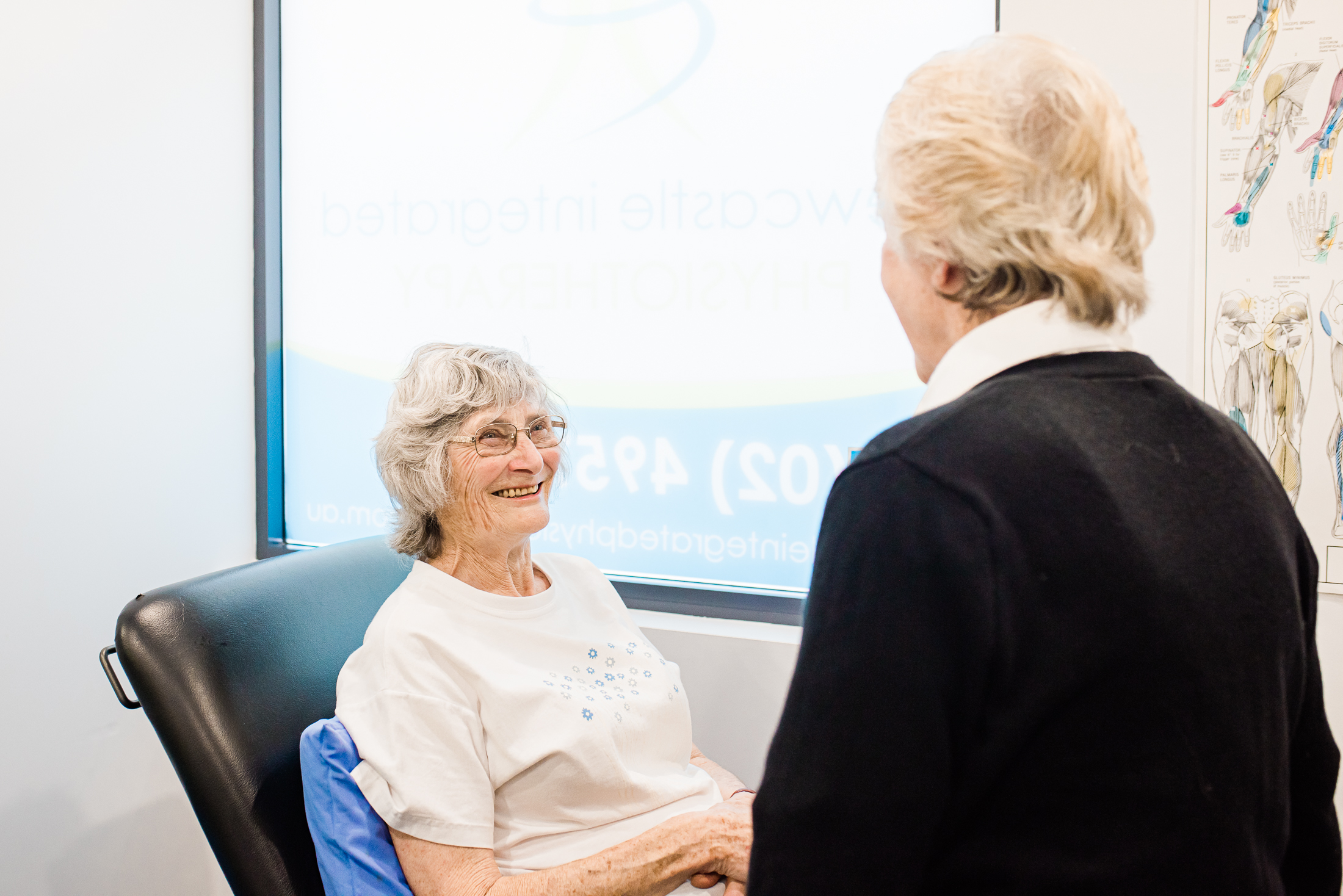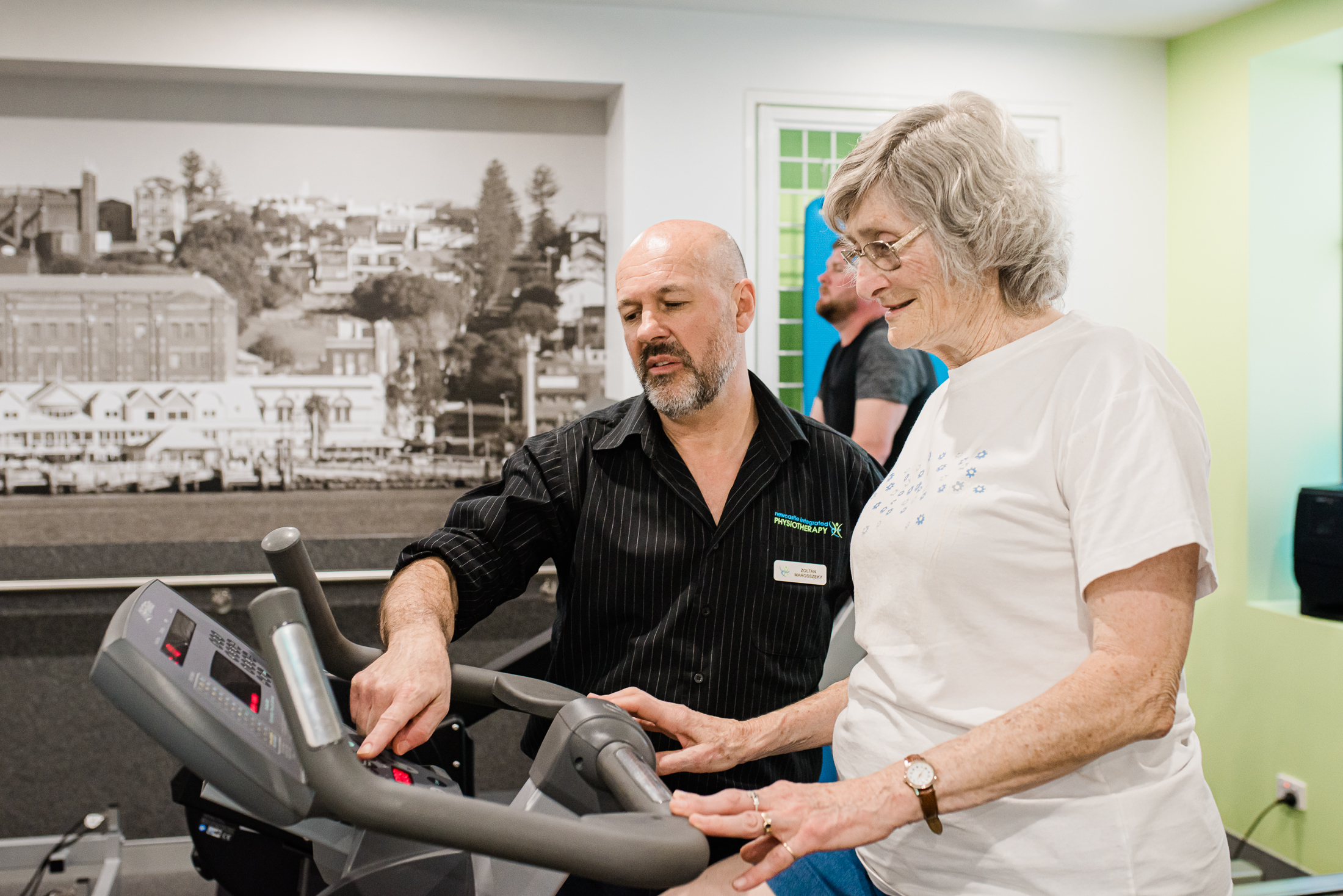It is too hot…..
Exercising in this extreme heat puts extra stress on the body. An increase in temperature and humidity as well as the exercise itself increases your core body temperature. In high humidity, the sweat you are producing doesn’t really evaporate from the skin. Your body also sends more blood around to the skin to help it cool down, but this leaves less blood for your muscles, which then increases your heart rate!
Our bodies natural cooling systems can fail when exercising in extreme heat and cause a heat-related illnesses like heat exhaustion, fatigue, muscle cramping, heat stroke and even heat collapse.
There are a few easy steps to take in this weather…
Drink plenty of water
Our bodies are made up of 50-60% water, it is vital during exercise to maintain this. We can lose 2-3% during a typical exercise routine, but more on an extremely hot day. Drink plenty of water during and after exercise and include foods rich in water in your daily diet like fruits and vegetables.
Avoid sports drinks as they are high in calories and sugars and not worth it!
Avoid the hottest part of the day
If exercising in the middle part of the day is your only option then consider what type of exercise you do. Maybe go for a swim at an indoor centre or take an aqua aerobic or cardio class inside an air-conditioned place. If exercising outdoors choose early mornings or late evenings. Even in the evenings, the humidity can still be high.
Wear light-coloured and light-breathable fabric clothing. Dark colours absorb the heat.
Slow Up
Do less intensity exercise, less duration and avoid overdoing it. Walk briskly instead of running or walk for a while until you adjust to the temperature before you start running. Or better still take it indoors
Know when to stop
Listen to your body and stop when it gets too much. Watch out for signs of
– dizziness and/or headaches
– muscle cramps
– nausea and vomiting
– tachycardio ( fast heartbeat)
– weakness
– light headedness
– excessive sweating
– confusion
– irritability
– visual problems
If any of the above occurs you should stop exercising immediately, lower your body temperature by going indoors and resting and applying an icepack or wet towel to the back of the neck. Rehydrate yourself by drinking plenty of water. If any f the symptoms do not subside then seek medical help.


